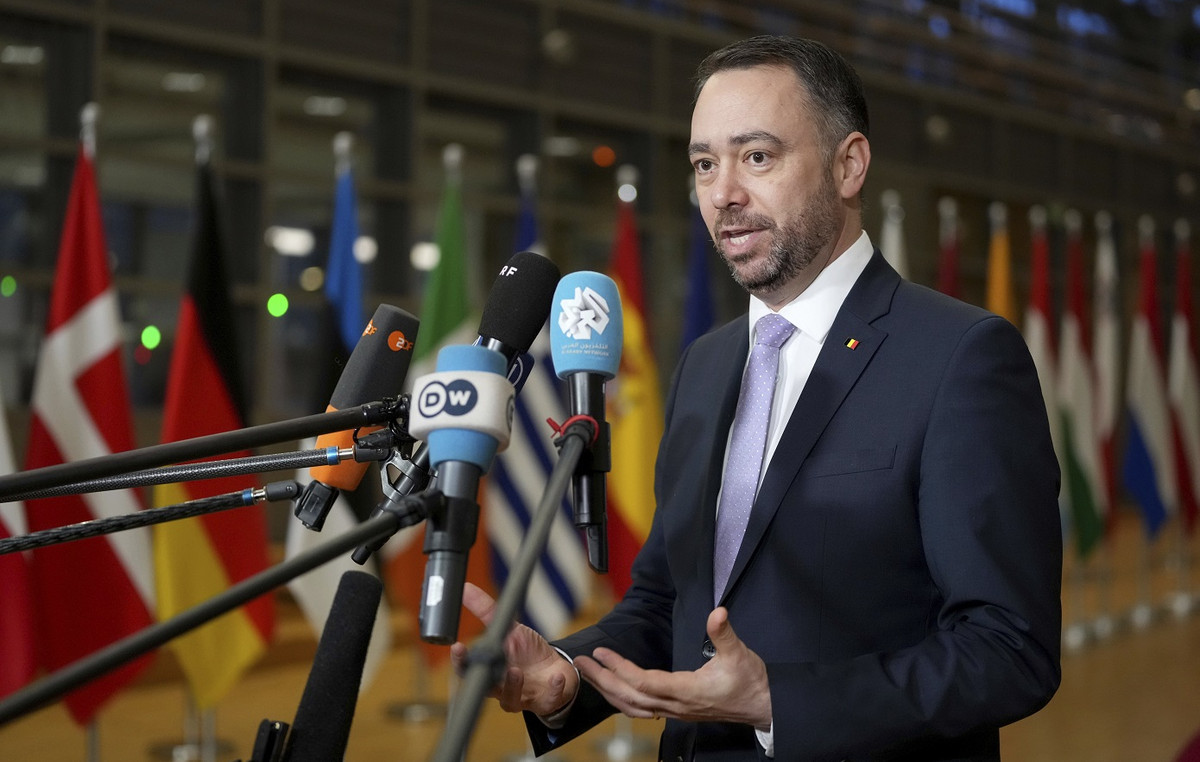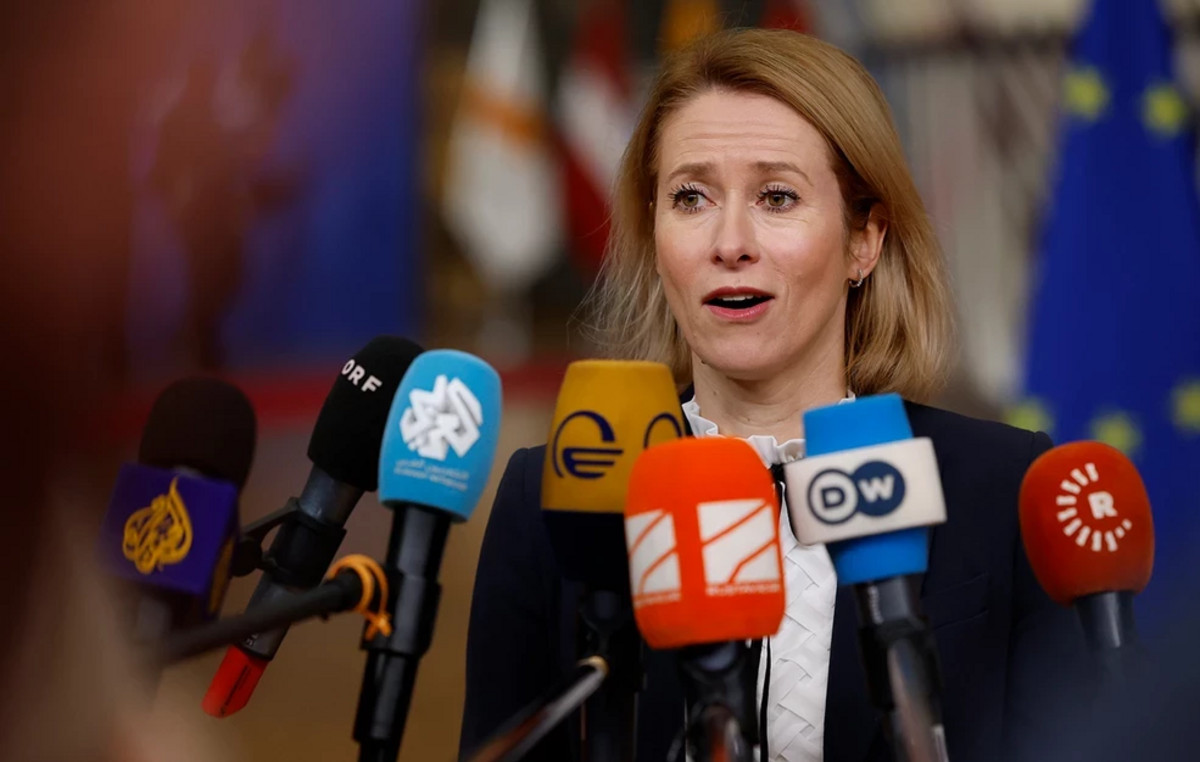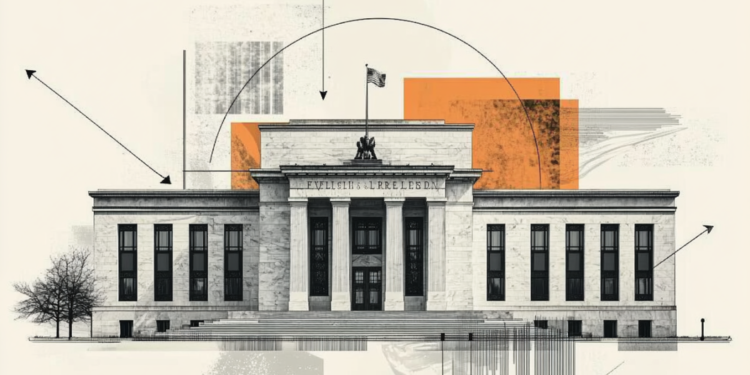In Brazil, 52.9% of people living with HIV have already suffered some kind of discrimination due to the serological condition. This is what research reveals conducted by Unaids Brazil, and released this Thursday (8), in Brasilia.
The main experience of discrimination experienced by participants was discriminatory comments and gossip between people, both within their family circle (34.8%) and outside of this (38.8%). In addition, 22.3% of people who participated in the survey were excluded from activities from at least one of the spaces they occupied (social, family and/or religious activities).
In the previous survey, conducted in 2018 and released the following year, 64.1% of participants said they had already suffered some form of discrimination.
Despite some advances recorded in the current research, the report released today states that stigma and discrimination follow as great barriers in people living with HIV in Brazil. The study reinforces the urgency of public policies that ensure the right to confidentiality, promote equal access to health and combat prejudice in all social spaces.
“Gender, social class, work, color, identity and sexual orientation still persist. To end AIDS, we need to promote a country without stigma and discrimination – and the stigma index is a tool that brings evidence of how discrimination acts as a barrier to access to services,” points out Andrea Boccardi, director and representative of Unaids Brazil, joint program of HIV/AIDS nations.
The survey, conducted last year, listened to 1,275 people in seven Brazilian capitals-Sao Paulo, Rio de Janeiro, Salvador, Porto Alegre, Recife, Brasilia and Manaus-and had the support of the consortium of people living with HIV and AIDS, the NGO Gestos, PUC-RS and the General Secretariat of the Presidency of the Republic.
Prejudice also impairs the search for treatment. Of the interviewees, 13.1% were addressed in a discriminatory manner in health services in the last 12 months. The most cited forms of discrimination were through negative and gossip comments, minimization of physical contact and the breach of confidentiality over their serological state without their consent. And almost half of the ears (46.1%) suspect that their serological state is not kept confidential in health services.
By making the experience of living with HIV even more painful in Brazil, prejudice affects the mental health of this population. Among the interviewees, 29.1% demonstrated symptoms of depression and 41.2% reported symptoms of anxiety related to stigma.
People who contract HIV and who receive proper treatment with antivirals do not develop AIDS and, in most cases, maintains undetectable viral levels in clinical examinations, which also prevents transmission to others.
People who live with HIV face various difficulties at the time of communication of their serological state to people nearby such as partners and partners, daughters and children, or friends and friends. Added to this scenario, in many cases the right to the decision for communicating or not that one lives with HIV, this guaranteed by law, is still denied.
Most people reported not having good experiences in communicating that they live with HIV to people who were not close to them (55.4%). In Brazil, Federal Law No. 14,289 of 2022 guarantees confidentiality on the condition of people living with HIV, chronic hepatitis, leprosy and tuberculosis. Even so, part of the interviews reports that the communication that one lives with HIV was done without their consent to groups that are not of their intimate circles, such as neighborhoods, co -workers and employers, teachers and classmates, religious leaders and through social networks.
“Since 1995, when we launched the campaign ‘Prejudice is the worst symptom of AIDS’, gestures has been denouncing the impacts of stigma on people living with HIV. They are more than three decades of activity and we continue to see how prejudice generates psychic suffering, social exclusion and affects self -care – which explains, for example, the low testing and treatment adherences in Brazil,” Jô says. Meneses, Education and Assistance Coordinator of the NGO Gestos.
Effects of the climate crisis and covid-19 pandemic
The 2025 edition of the survey in Brazil first included data on the effects of COVID-19’s climate crises and pandemic.
Among people living with HIV in the country, after extreme climate events, 82.1% had not yet recovered their family income, 20.5% faced difficulties to obtain medicines and 27.3% had the medical consultation to monitor HIV canceled at least once.
The survey also investigated the impact of Covid-19 pandemic on the lives of the interviewed people, as well as access to care services, or not related to HIV.
Among people living with HIV, 47.2% also received the positive diagnosis for Covid-19. Among this subgroup, 76.1% claim to have received adequate health care, while 23.9% reported the opposite.
Most people interviewed received a number of HIV treatment medications to 3 months or more (79.5%) and managed to remove their medications without difficulty. Nevertheless, 13.6% of people faced difficulties, and 2.9% could not remove their medicines. In addition, 6.1% of the people interviewed received medicines for only 1 month or less. And 24.0% said some health service was rescheduled or canceled due to Covid-19 pandemic.
Situation in the rest of the world
According to Unaids Brazil, there is no unique official list that shows the ranking of countries in relation to the stigma index, since, although the methodology is unique, it undergoes changes that fit the reality of each country.
But from a compilation of global data, the entity elaborates a ranking of countries by stigma level, the best being those with less stigma and discrimination. In this classification, Brazil appears fourth, behind Canada, Portugal and South Africa.
Check out the ranking:
- Canada (universal access to treatment and criminalization of discrimination)
- Portugal (drastic reduction in stigma after decriminalization of drugs and focus on public health)
- South Africa (it has improved significantly, but still faces challenges in rural areas)
- Brazil (advanced policies, but regional inequalities and violence against key populations)
- Thailand (leadership in the Asian region, but discrimination in the workplace still occurs)
- Mexico (legal advances, but violence against vulnerable groups (such as gay men and trans)
- India (family stigma and employment, especially against women)
- Kenya (recent improvements, but high levels of religious stigma)
- Russia (repressive policies against LGBT+ and lack of harm reduction programs)
- Nigeria (criminalization of homosexuality and high levels of social exclusion)
The criteria used for ranking were laws and policies of countries that criminalize HIV transmission or key groups, as they tend to have worse rankings; access to health, since discrimination in health units worsens the index; Social stigma, because within this criterion there are reports of family exclusion, loss of employment or violence (often institutionalized); and the self -estestigma of the person living with HIV for being or has been infected.
In 2021, the United Nations Member States adopted a set of ambitious goals as part of the high-level political statement of the United Nations General Assembly on AIDS, including goal 95-95-95: that 95% of people living with HIV know their diagnosis; that 95% of people who know that they live with HIV are undergoing antiretroviral treatment; that 95% of people under treatment have the viral load suppressed.
In 2024, Brazil reached 96-82-95, two of the three global goals for eliminating AIDS as a threat to public health. The goal that has not yet been reached, of adhesion, is directly related to the confrontation of stigma and discrimination.
Brazil reduces mortality from AIDS, but records discharge in cases of HIV
This content was originally published in 52.9% of people with HIV in Brazil have already been discriminated against, says survey on CNN Brazil.
Source: CNN Brasil
I am an experienced journalist and writer with a career in the news industry. My focus is on covering Top News stories for World Stock Market, where I provide comprehensive analysis and commentary on markets around the world. I have expertise in writing both long-form articles and shorter pieces that deliver timely, relevant updates to readers.







